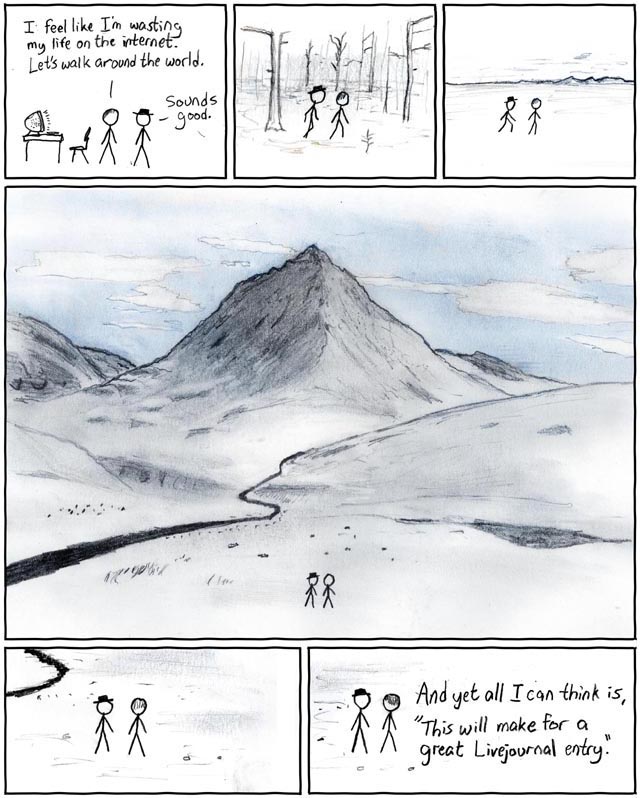So Mel Gibson has been exposed (once again) as an intolerant, sexist, abusive person. A recording of a phone conversation with his former girlfriend is now Out There on the internet and one can listen to Mel spill molten verbiage into her earpiece while she calmly refutes his charges.
All I can wonder is, So what?
What business is this of ours? This is private stuff. People lose control. Between each other, with strangers, but more often with those closest, people have moments when the mouth ill-advisedly opens and vileness falls out. The question is, does this define us? Are we, in fact, only to be defined by our worst moments?
That would seem to be the case for people like Gibson. The reason, I think, is that for most of us, the Mel Gibsons of the world have no business having shitty days and acting like this. For most of us, there is just cause for having these kinds of days and attitudes, because for most of us the world is not our oyster and we do not have the luxury of squandering time, friends, and money. Mel Gibson is wealthy and famous and, at one time, admired. He ate at the best restaurants, appeared on television, gave interviews, has his picture on the covers of magazines. Is seen with other people, regularly, who fall into that category of Those Who Have It Made.

